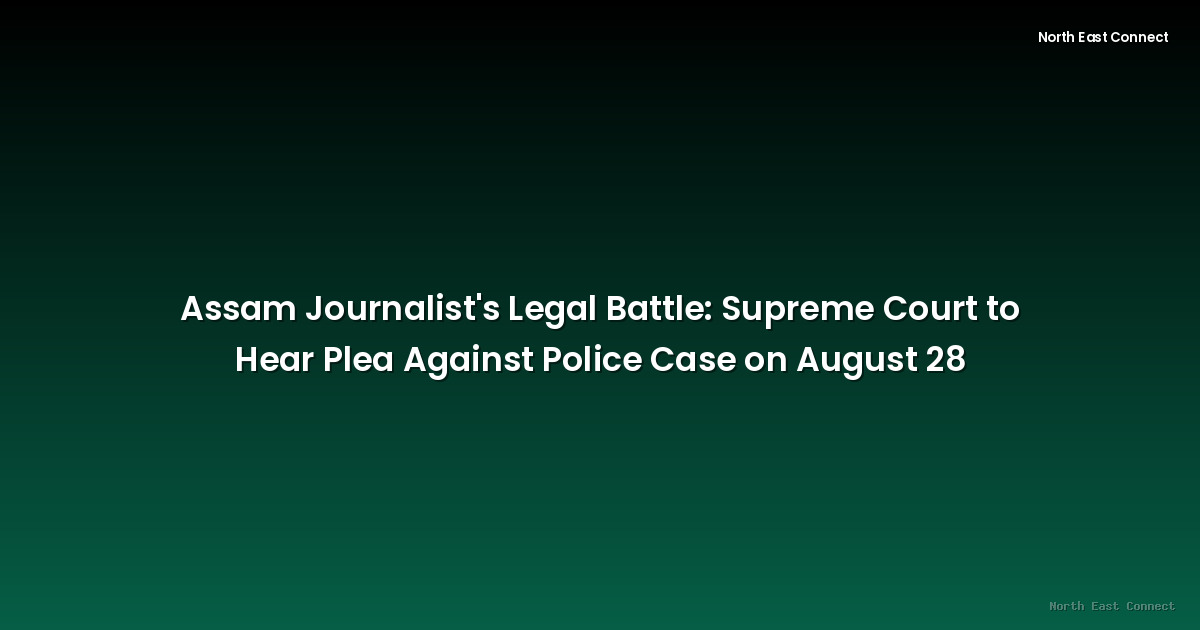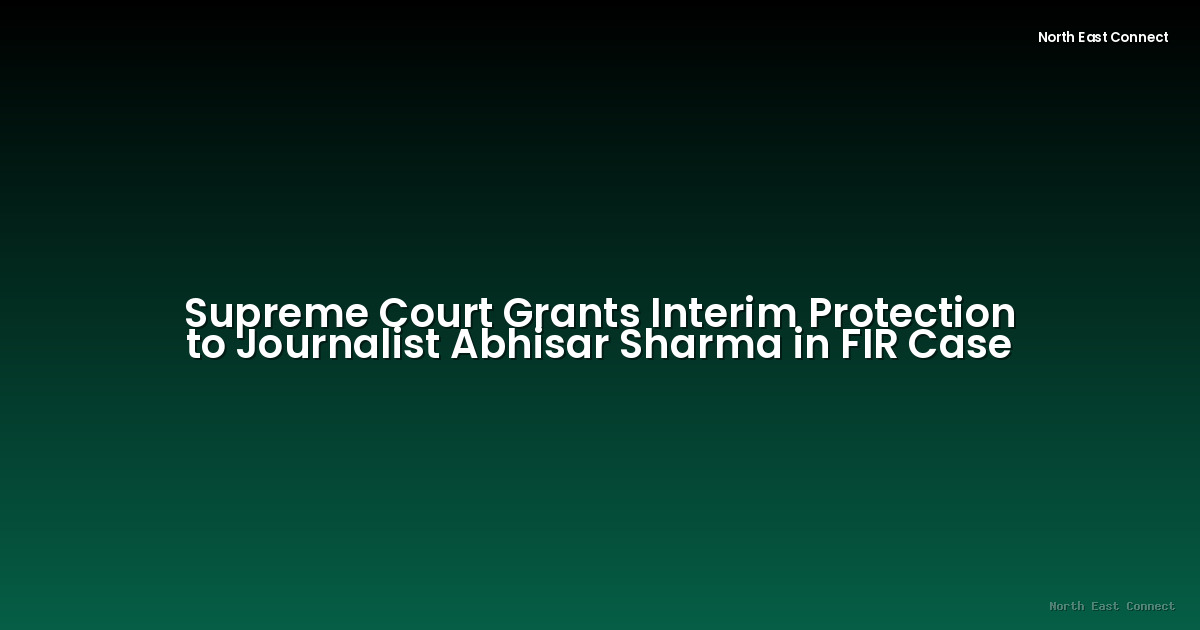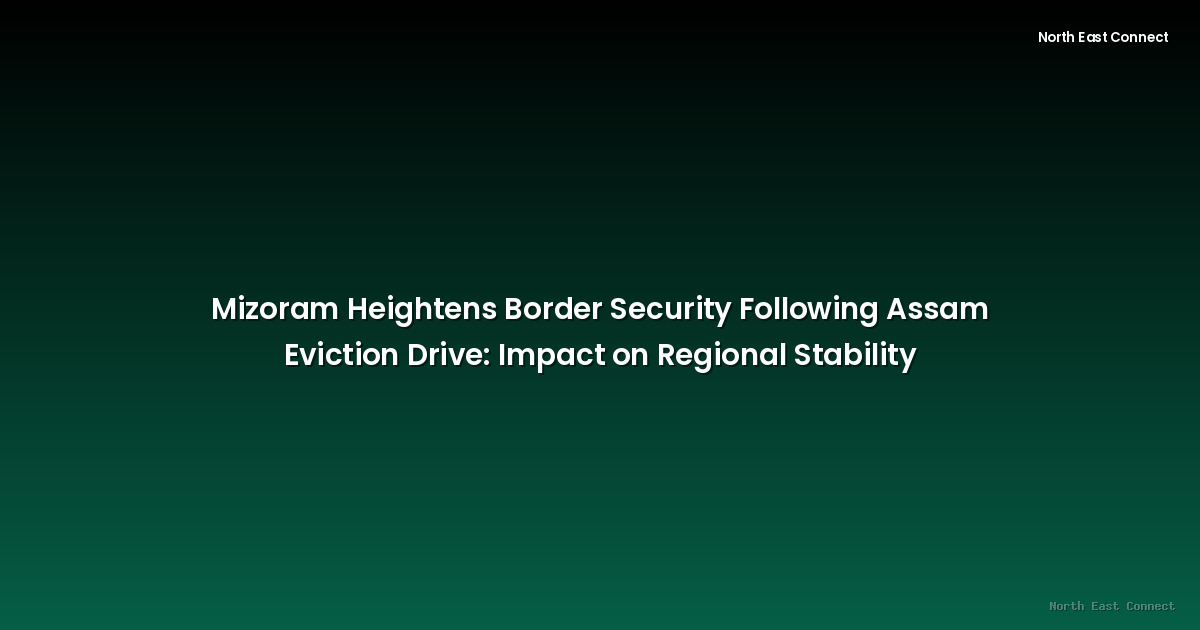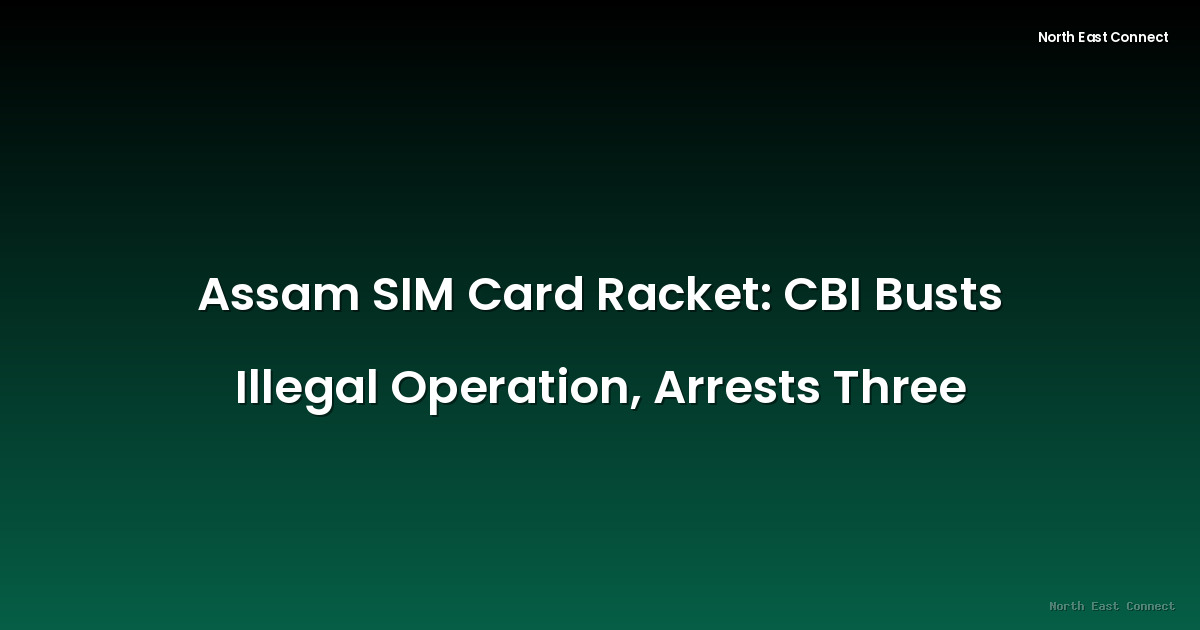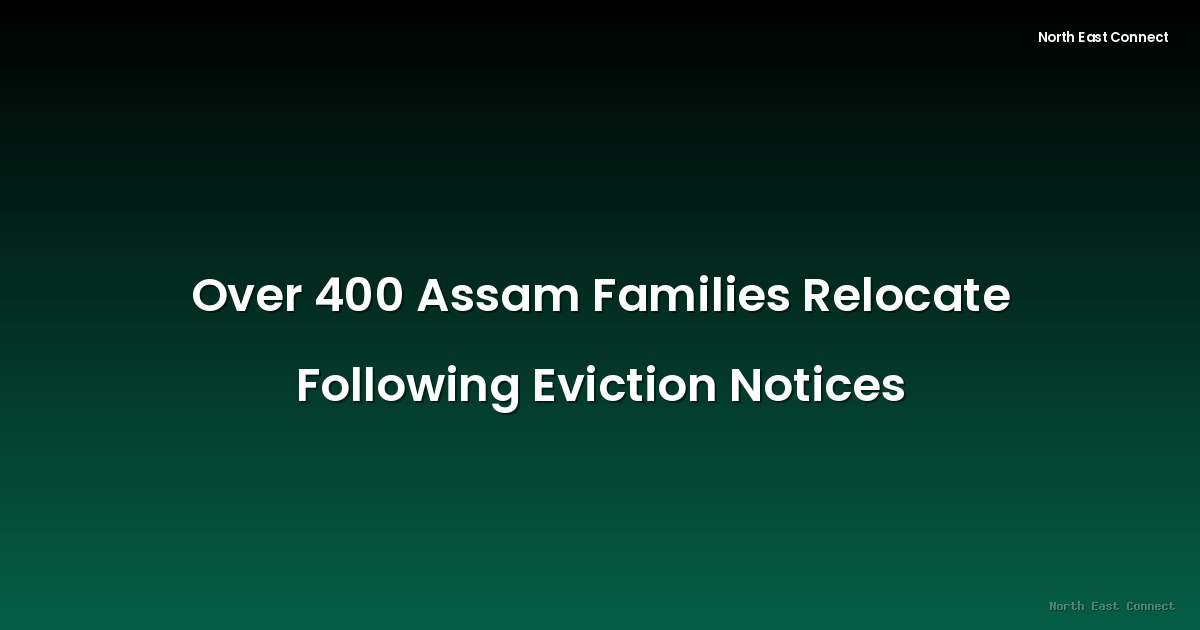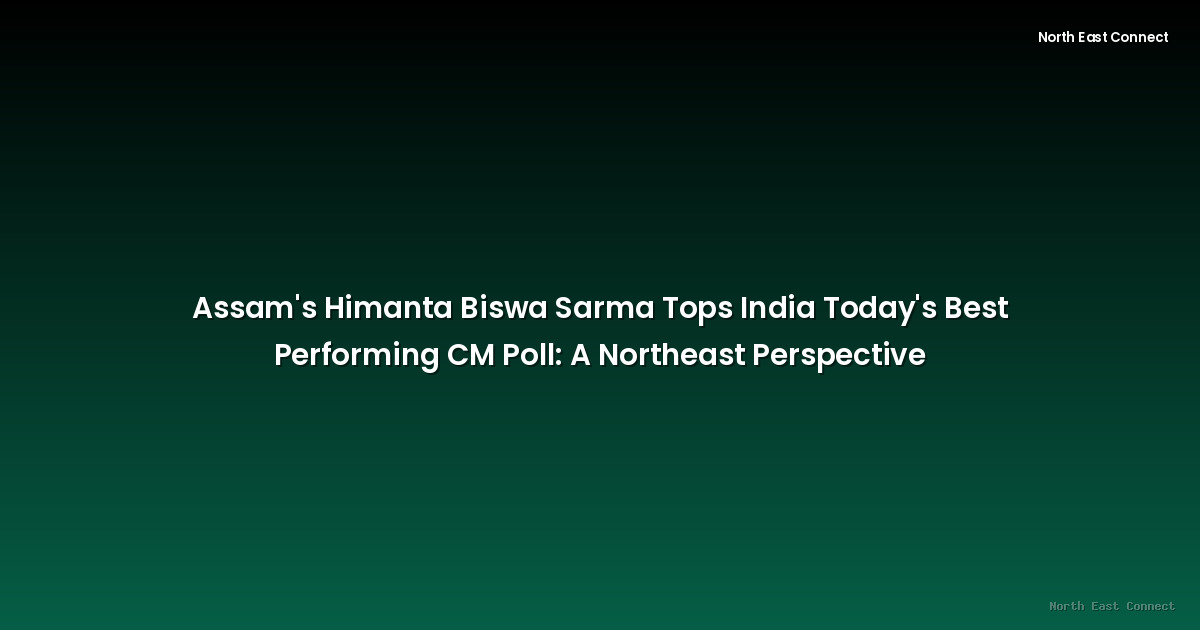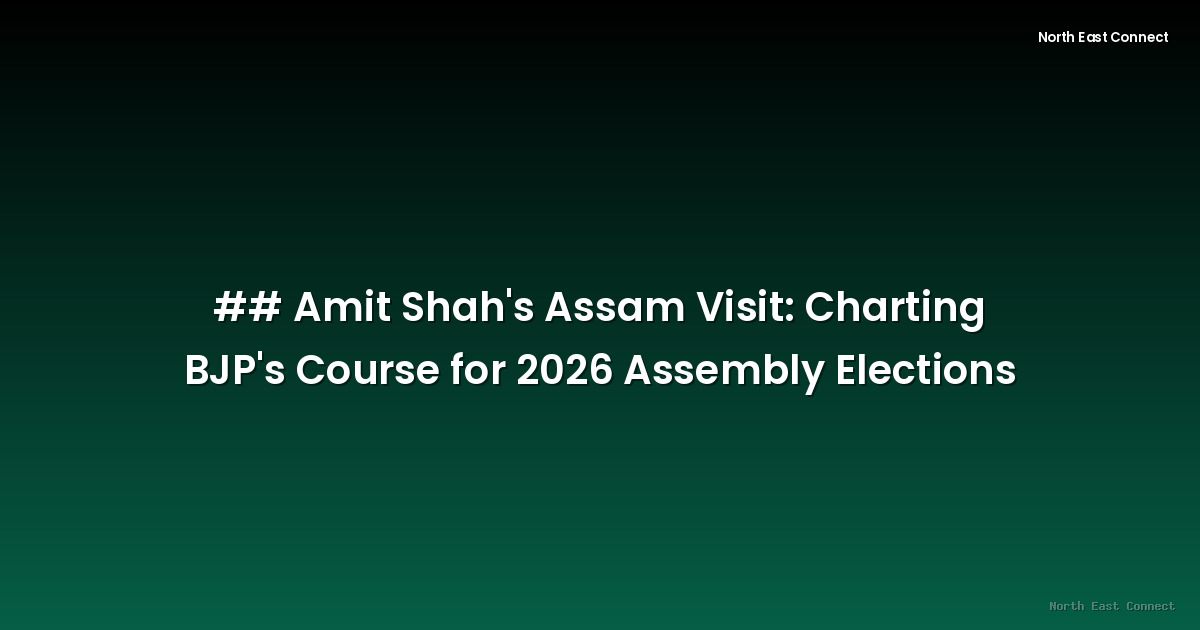2025-08-27 · News
A journalist in Assam is awaiting a crucial hearing in the Supreme Court of India on August 28th. The hearing pertains to a case filed against the journalist by the Assam Police, raising concerns about potential restrictions on press freedom in the region. While the specifics of the case remain partially undisclosed to avoid jeopardizing the ongoing legal process, the upcoming Supreme Court hearing signifies a pivotal moment in the journalist's legal battle.
The nature of the allegations against the journalist remains unclear from publicly available information. However, the involvement of the Supreme Court suggests the case involves significant constitutional questions, potentially touching upon the fundamental right to freedom of speech and expression, a cornerstone of a democratic society. Journalists often play a critical role in holding power accountable and informing the public, and any perceived suppression of their work can have broader societal consequences.
The Assam Police's actions, which led to the filing of the case against the journalist, are being scrutinized within the context of press freedom and the right to report without undue interference. The journalist's legal team is likely to argue that the charges are an attempt to stifle critical reporting or that due process was not followed. The Supreme Court's decision will have significant implications, setting a precedent for future cases involving similar circumstances.
The outcome of the Supreme Court hearing will not only impact the journalist directly but will also have implications for the media landscape in Assam and the broader Northeast region. A ruling in favor of the journalist could strengthen the protections afforded to journalists and encourage fearless reporting. Conversely, an unfavorable outcome could potentially embolden authorities to further restrict the freedom of the press.
Observers are closely following the proceedings, as the case highlights the delicate balance between upholding law and order and preserving fundamental rights, particularly the right to freedom of expression. The upcoming hearing promises a significant development in this ongoing legal battle and will shape the perception of press freedom in the Northeast. The Supreme Court’s decision is expected to provide clarity on the limits of police power in relation to journalistic activities and the extent of protection journalists have under the Indian constitution.
The case underscores the importance of a free press in a democratic society and the ongoing challenges faced by journalists in reporting on sensitive issues. The August 28th hearing is expected to attract significant attention from media outlets and civil liberties groups across India.

